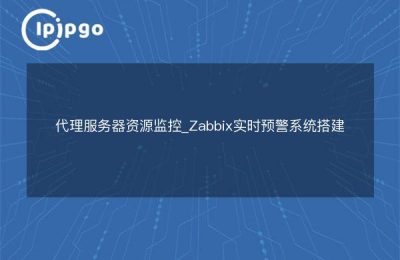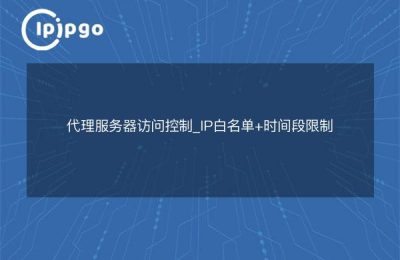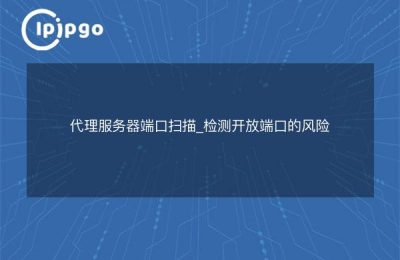
In the world of the Internet, direct IP connections and proxy servers are two common ways to connect to the network. Although they both enable network access, there are significant differences in how they work, application scenarios, and advantages and disadvantages. Today, we will analyze the difference between Direct IP and Proxy Server in depth.
What is a direct IP connection?
Direct IP connection, as the name suggests, is to access the target server directly through your device's IP address. This method does not go through any intermediate servers and the data is transferred directly between your device and the target server.
What is a proxy server?
A proxy server is different in that it is an intermediary server. Your device connects to the proxy server first, and then the proxy server accesses the target server on your behalf. The target server receives requests that appear to come from the proxy server, not your device.
Working Principle
How Direct Connect IP works
The principle of how Direct Connect IP works is very simple. When you type a URL into your browser and press enter, packets of data are sent directly from your device to a destination server, which processes the request and returns the response directly to your device.
How Proxy Servers Work
Proxy servers work in a slightly more complicated way. When you type a URL into your browser and press enter, the packet is first sent to a proxy server. The proxy server receives the request and then forwards it to the target server. The target server processes the request and returns the response to the proxy server, which finally delivers the response to your device.
application scenario
Application Scenarios for Direct Connect IP
Directly connected IPs are typically used in the following scenarios:
1. **Daily Web Browsing**: Most users use a direct IP connection for daily web browsing and video watching.
2. **Online gaming**: Online gaming usually requires a low-latency Internet connection, and a direct IP connection can provide a more stable connection.
3. **Access to local network resources**: In a company or home network, access to local servers or devices is usually done using a direct IP connection.
Proxy server application scenarios
Proxy servers, on the other hand, are suitable for the following scenarios:
1. **Privacy protection**: protects user privacy by hiding the real IP address through a proxy server.
2. **Cross-regional access**: The use of proxy servers allows access to certain geographically restricted content.
3. **Web acceleration**: Some proxy servers can cache commonly used content to improve access speed.
4. **Access control**: In corporate networks, proxy servers can be used to monitor and control the network access behavior of employees.
Comparison of advantages and disadvantages
Advantages and disadvantages of direct IP connection
Pros:
1. **Low latency**: Low latency due to direct data transmission.
2. **Simple**: no additional configuration required, easy to use.
3. **Stability**: fewer intermediate links and more stable connections.
Drawbacks:
1. **Poor privacy protection**: Real IP addresses are exposed and privacy protection is poor.
2. **Access restrictions**: There is no way to bypass geolocation restrictions or network blocking.
Pros and Cons of Proxy Servers
Pros:
1. **Privacy protection**: Hide the real IP address to protect the user's privacy.
2. **Cross-area access**: allows access to geographically restricted content.
3. **Access control**: Enterprises can monitor and control the network behavior of their employees.
Drawbacks:
1. **High latency**: High latency due to the need for data to pass through intermediate servers.
2. **Complexity**: Additional configuration and maintenance required.
3. **Instability**: Proxy servers may change or fail from time to time, resulting in unstable connections.
concluding remarks
Through the above comparison, we can see that Direct IP and Proxy Server have their own advantages and disadvantages and are suitable for different application scenarios. Direct-connected IP is suitable for daily web browsing and scenarios that require low latency, while proxy servers have obvious advantages in privacy protection, cross-region access and access control. I hope this article can help you better understand the difference between Direct IP and Proxy Server, so that you can make a more informed choice in practical applications.








